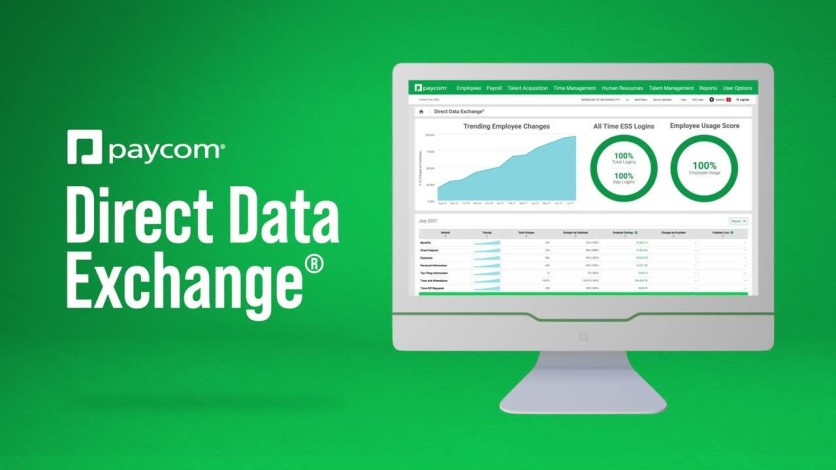
When it comes to data entry and HR tasks, the saying time is money has never been more true. Do you know the average cost of a single manual data entry made by an HR professional? According to Ernst & Young (EY), a leading professional services firm, the average cost has increased from $4.70 to $4.78, and, with the inclusion of payroll tasks, it has increased from $4.78 to $5.35. While these are averages, the cost per data entry of each task varies and can be as much as $21.18.
How did EY calculate this recent cost increase?
EY regularly updates its calculations by applying inflation factors to survey data. This survey data comes from hundreds of individuals who work at companies headquartered in the United States and who employ between 250 and 4,999 total employees in either the HR department or executive management/senior leadership in a supervisory role.
They asked questions about their organization's approach to completing common HR tasks, such as onboarding, expense and performance management, and more common HR tasks. The cost per HR task has increased across every category of HR data—such as expense management, personal information, and more—since the first survey in 2018.
With this rising cost of manual data entry, companies should reconsider their data and HR practices to boost productivity and save on their bottom lines.
There's a player in the HR tech space who has capitalized on this EY data.
Enter Paycom, a premier provider of comprehensive, cloud-based human capital management software. Recently, they released updated cost estimates of data entry and HR tasks based on EY's annual findings within Direct Data Exchange® (DDXTM), their usage management analytics tool.
Launched in 2019, DDX is an industry-first, award-winning HR product using EY's research to identify where opportunities exist to maximize a company's ROI.
The tool automatically assigns a dollar value of savings achieved for key HR and payroll tasks performed using the tool. Then, employers receive a real-time estimated return on investment (ROI) on employees' usage of this technology, identifying where organizations can eliminate manual and duplicate processes.
Paycom was the first in the human capital management industry to provide a tool such as DDX that assists employers in determining what appropriate employee usage of HR tech looks like and how to measure it.
"We have strategically shown thousands of businesses the estimated ROI when employees own their own data," Chris Thomas, Paycom's chief operating officer, said. "The cost of manual HR data entries continues to rise, further proving the need for employees to own their data."
Paycom's DDX automatically calculates these costs for clients so they can, in turn, drive employee usage of Paycom's Employee Self-Service® technology.
DDX's reputation in the HR Tech world is growing exponentially. Steve Boese, HR Technology Conference program chair and co-host of the HR Happy Hour podcast, believes there is a tremendous opportunity for most organizations to adopt and use the self-service HR solutions Paycom provides.
"Insights from DDX help HR leaders make the case for increased investment in HR solutions and enable them to demonstrate the positive returns on the investments in HR technology that are a direct result of eliminating slow, expensive, low-value-add and error-prone manual processes." Steve Boese said.
Paycom's DDX and other self-service HR solutions empower employees by allowing them to control their own data and payroll info, relieve the enormous administrative burden on HR professionals, and permit managers to focus on their teams and big-picture strategy.
To put it simply, DDX lets companies focus on people, not paperwork.
![Apple Watch Series 10 [GPS 42mm]](https://d.techtimes.com/en/full/453899/apple-watch-series-10-gps-42mm.jpg?w=184&h=103&f=9fb3c2ea2db928c663d1d2eadbcb3e52)



